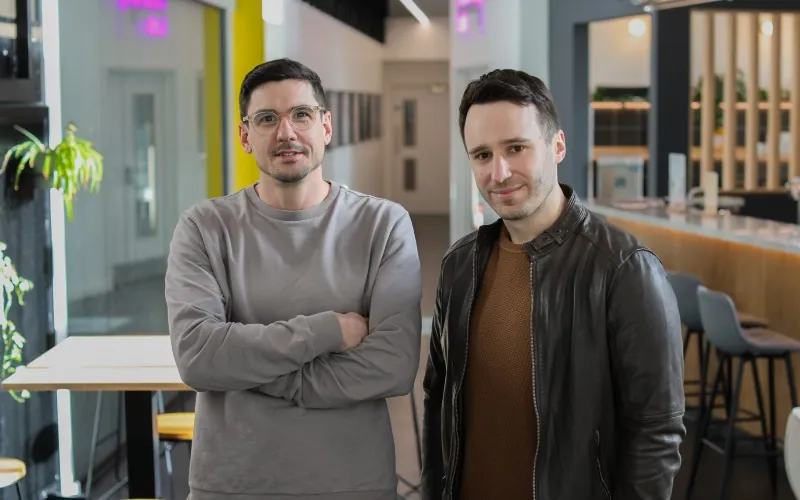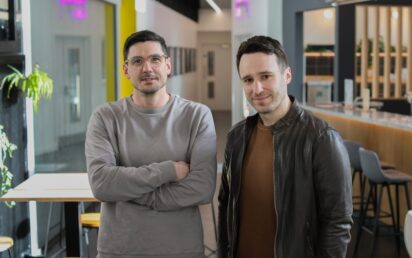SCVC, an UK early-stage deep tech venture capital firm, has appointed John Williams as its partner – a move that unites two of the country’s most successful DeepTech founders for the very first time.
Williams is best known as the co-founder of UK-Japanese billion-dollar tech company Kudan, which paved the way for modern computer-vision based augmented reality and achieved unicorn status in its 2018 Tokyo IPO.
He will now work alongside Harry Destecroix, SCVC’s managing partner and founder of record-breaking startup Ziylo which topped the ranking of deep tech acquisitions when acquired by Novo Nordisk for up to $800 million for its smart insulin technology.
SCVC focuses on science and engineering discoveries that transition out of research institutions to form new startup companies that can deliver global impact across healthcare and sustainability.
It already backs some of the country’s most promising quantum and BioTech spinout companies including Delta g, Scarlet Therapeutics and Forefront RF. Last year, it announced the first close of its second DeepTech fund with a target of $100m.
“The partnership of two exited founders in a UK company is rare, but what is even more unusual – and in our opinion essential for any successful deep tech VC – is that the partners themselves are original inventors of the technologies,” said Williams.
“At SCVC, we leverage our backgrounds to really understand the technology in its pure state and work to identify the product that best leverages the technology’s strengths before even considering the market. This technology-product fit model is unique to SCVC.
“We are barely scratching the surface of how many more startups we could be making and how much more investment is needed. The capital and investor base is rate-limiting. We believe in collaboration and want to actively work with VCs of all backgrounds so together we can unlock more of the opportunity.
“What’s tricky about a big scientific breakthrough in universities is that it’s often been researched in isolation without considering its commercial fit. It’s presented as a hard-to-understand technology with no real context, or worse, chasing a popular, but inappropriate market.
“It’s sad to see great technology die – either stuck in a university, or in a startup where it never really had a chance. Too many VCs will wait until a later stage to provide capital, where there is more of a business plan and some traction that’s easier to analyse. But many don’t make it that far or they alter the company’s strategy to bait investors into believing it addresses current hype.
“It’s why it’s so advantageous when a VC has a technical founder background. They have lived and breathed the challenges of turning an idea into reality. It’s an untapped opportunity in the UK, so we encourage more founders to enter the VC space.
“As well as exited founders, it is also important to have more people with STEM backgrounds in VC. This is particularly true in deep tech, where the technological risk typically outweighs the market risk.”
Bristol’s MyWorld programme unveils immersive startup cohort

